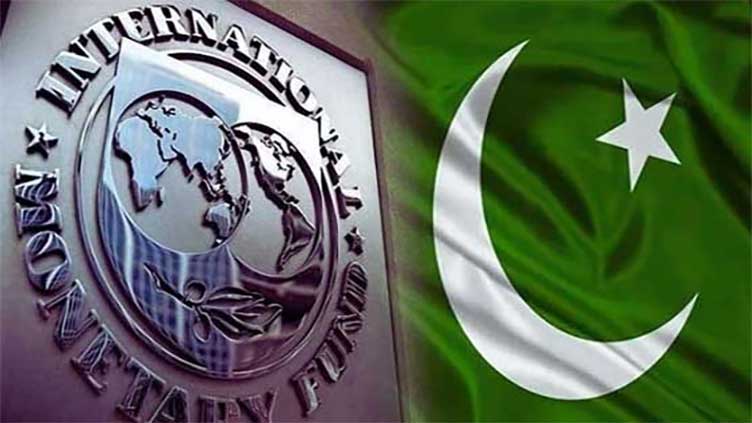IMF mission due in Pakistan on May 16 to discuss new loan programme

Business
Pakistan expected to seek at least $6 billion and request additional financing from the Fund
- Some members of the IMF mission have already arrived in Pakistan, say sources
ISLAMABAD (Dunya News) – An International Monetary Fund mission is scheduled to arrive in Pakistan on May 16 to discuss a new loan programme.
According to sources familiar with the matter, some members of the IMF mission have already arrived in Pakistan to engage in discussions regarding the FY25 budget, policies and reforms under a potential new bailout package for the country.
The IMF team plans to stay in Pakistan for over 10 days, during which some of its members will collaborate with officials from the Finance Ministry on the budget for the next fiscal year.
Pakistan last month completed a short-term $3 billion programme, which helped stave off sovereign default, but the government of Prime Minister Shehbaz Sharif has stressed the need for a fresh, longer term programme.
Earlier, Finance Minister Muhammad Aurangzeb in an interview said the country hoped to agree the contours of a new IMF loan in May.
Pakistan's financial year runs from July to June and its budget for fiscal year 2025, the first by Sharif's new government, has to be presented before June 30.
Pakistan is expected to seek at least $6 billion and request additional financing from the Fund under the Resilience and Sustainability Trust.
"Accelerating reforms now is more important than the size of the programme, which will be guided by the package of reform and balance of payments needs," the IMF statement said in a statement earlier this month.
Pakistan narrowly averted default last summer, and its $350 billion economy has stabilised after the completion of the last IMF programme, with inflation coming down to around 17% in April from a record high 38% last May.
Pakistan is still dealing with a high fiscal shortfall and while it has controlled its external account deficit through import control mechanisms, it has come at the expense of stagnating growth, which is expected to be around 2% this year compared to negative growth last year.


